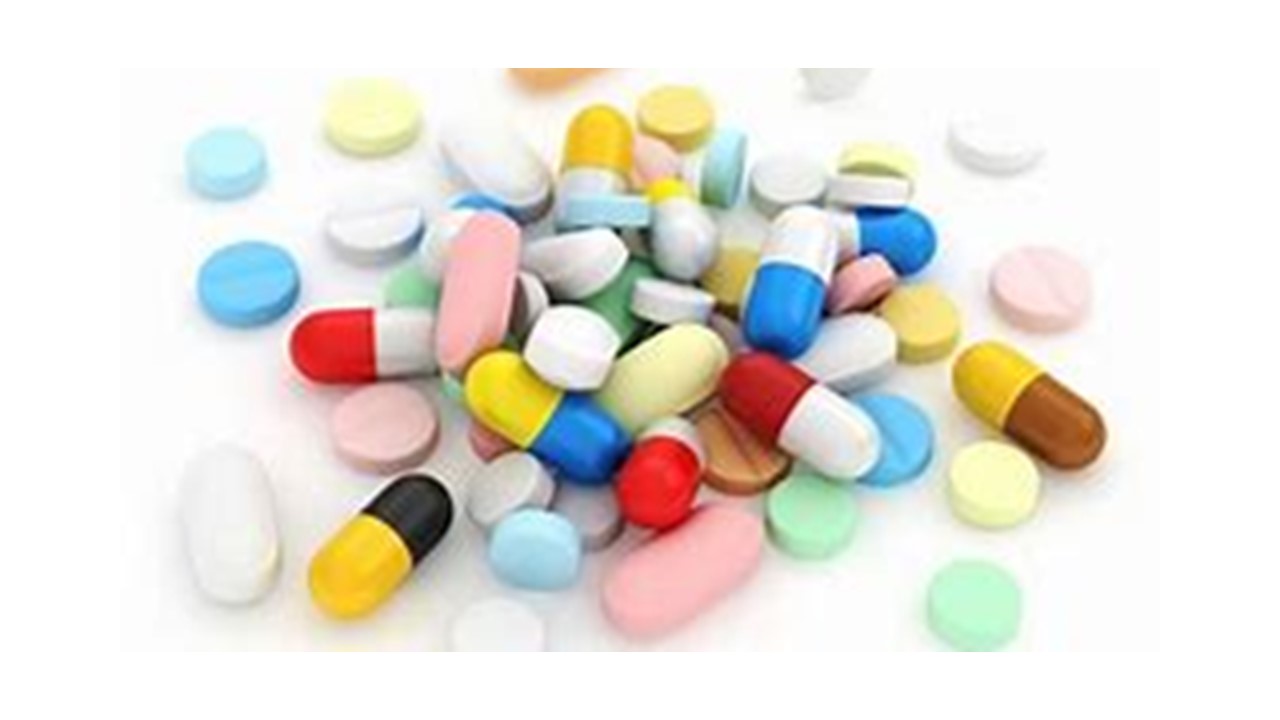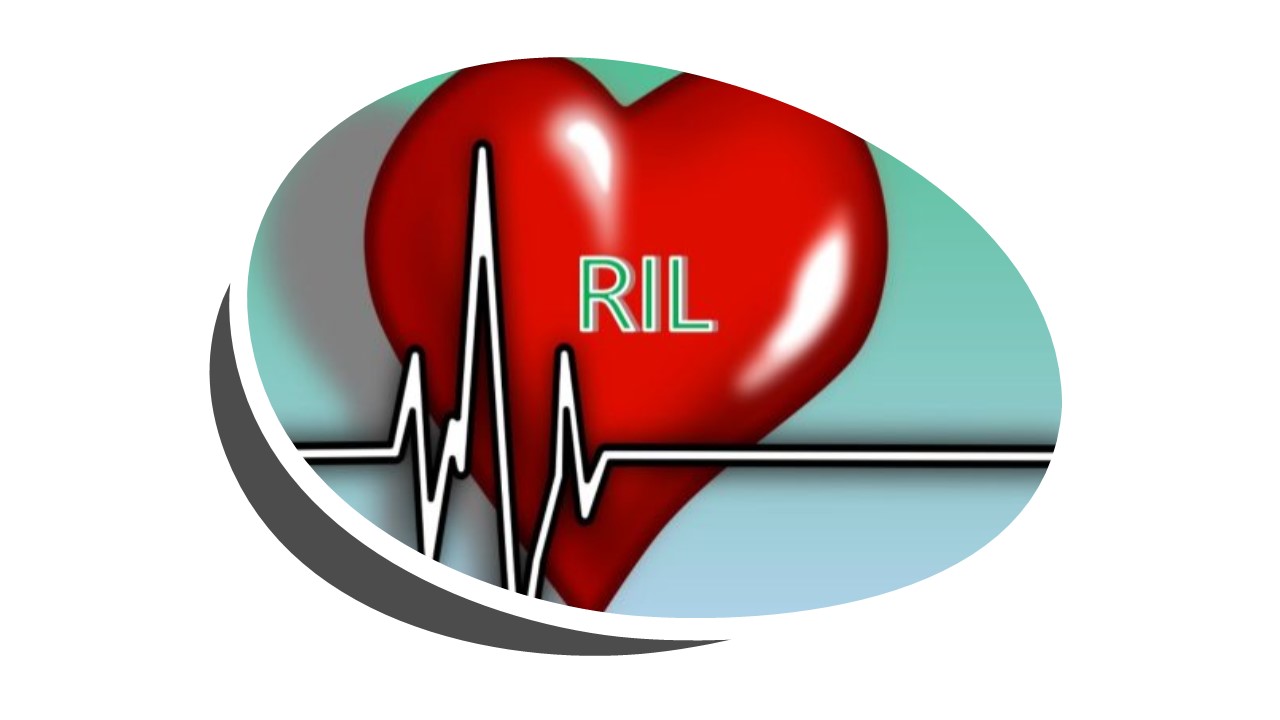
Rheumatoid Arthritis Treatment
NSAIDs (Non-steroidal Anti-inflammatory drugs) may provide some relief from the symptoms. However, they do not prevent progressive joint damage. Such damage is mainly treated with DMARDs (Disease-modifying-antirheumatic-drugs). They act slowly, taking several weeks or months to feel their effect.
The rheumatologist will determine how long they should be taken as different people respond to individual DMARDs in different ways.
If the disease do not respond to these, the patient may be considered for a new generation of drugs called biologic agents.
They can help reduce inflammation and structural damage to the joints by blocking the action of cytokines, proteins of the body’s immune system that trigger inflammation during normal immune responses.
When the joints are damaged to the point where the pain cannot be controlled with drugs or the joint can barely move, the surgery may be the only answer.
The surgeon will need to weigh up the risks and benefits before making a decision about surgery. (Joint replacement
 Herbal Medicines
Herbal Medicines
Herbal medicinal products, like all other conventional medicines, can have pharmacological effects on the body and so can give rise to adverse effects, or interactions with other conventional medications that the patient may be taking.
Definitions
Herbal medicinal product means a medicinal product whose only active ingredients are herbal substances or herbal preparations (or both).
The use of herbal medicinal products is continually increasing.
Herbal medicinal products can offer an alternative to conventional medicines in non-life-threatening conditions, providing they are of satisfactory quality and safety and are used correctly.
Most herbal medicines on the UK market are currently unlicensed products.
Therefore, It is difficult for healthcare professionals to identify which products are reliable product.
As with all forms of self-treatment, the use of herbal medicinal products presents a potential risk to human health.
Patients may be exposed to potentially toxic substances either from the herbal ingredients themselves or from contaminants present in this product.
 Example of interaction with warfarin:
Example of interaction with warfarin:
Numerous herbal products have been reported to potentially interact with warfarin, including garlic, St John’s wort, feverfew, ginkgo and ginseng.

Over The Counter Medication (OTC)
Over-the-counter (OTC) drugs are medicines sold directly to a patient without a prescription from a healthcare professional, as opposed to prescription drugs.
They are safe and effective when you follow the directions on the label and as directed by your health care professional.
Example of OTC are:
Pain
Ibuprofen
Naproxen
Paracetamol
Co-codamol
Allergy reactions
Chlorphenamine (Piriton)
Bibliography
Herbal Medicine (2017), About the herbal medicines, Pharmaceutical Press 2017, Available from:
https://www.medicinescomplete.com/about/publications.htm. [ Accessed on: 15/09/17].
Driver, R Lee, K. Baxter (2010), Herbal medicines interactions, PJ Online, Available from: http://www.pharmaceutical-journal.com/files/rps-pjonline/pdf/pj20100508_cpd.pdf. Accsessed on 16/09/17)
Stockley’s Herbal Medicines Interactions: A Guide to the Interactions of Herbal Medicines. Incident of herbal medicines interactions, 2nd ed. London: Pharmaceutical Press, ©2013
David Millet (2017), NHS ban on ‘wasteful’ prescribing could harm poorest patients, GPs warn, Available from:
http://www.gponline.com/nhs-ban-wasteful-prescribing-harm-poorest-patients-gps-warn/article/1440200, Accessed on 30/09/17).
Local Government Association (2016), Helping people look after themselves: a guide on self-care, Available from:
http://www.local.gov.uk/helping-people-look-after-themselves-guide-self-care. Accessed on 27/09/17)

